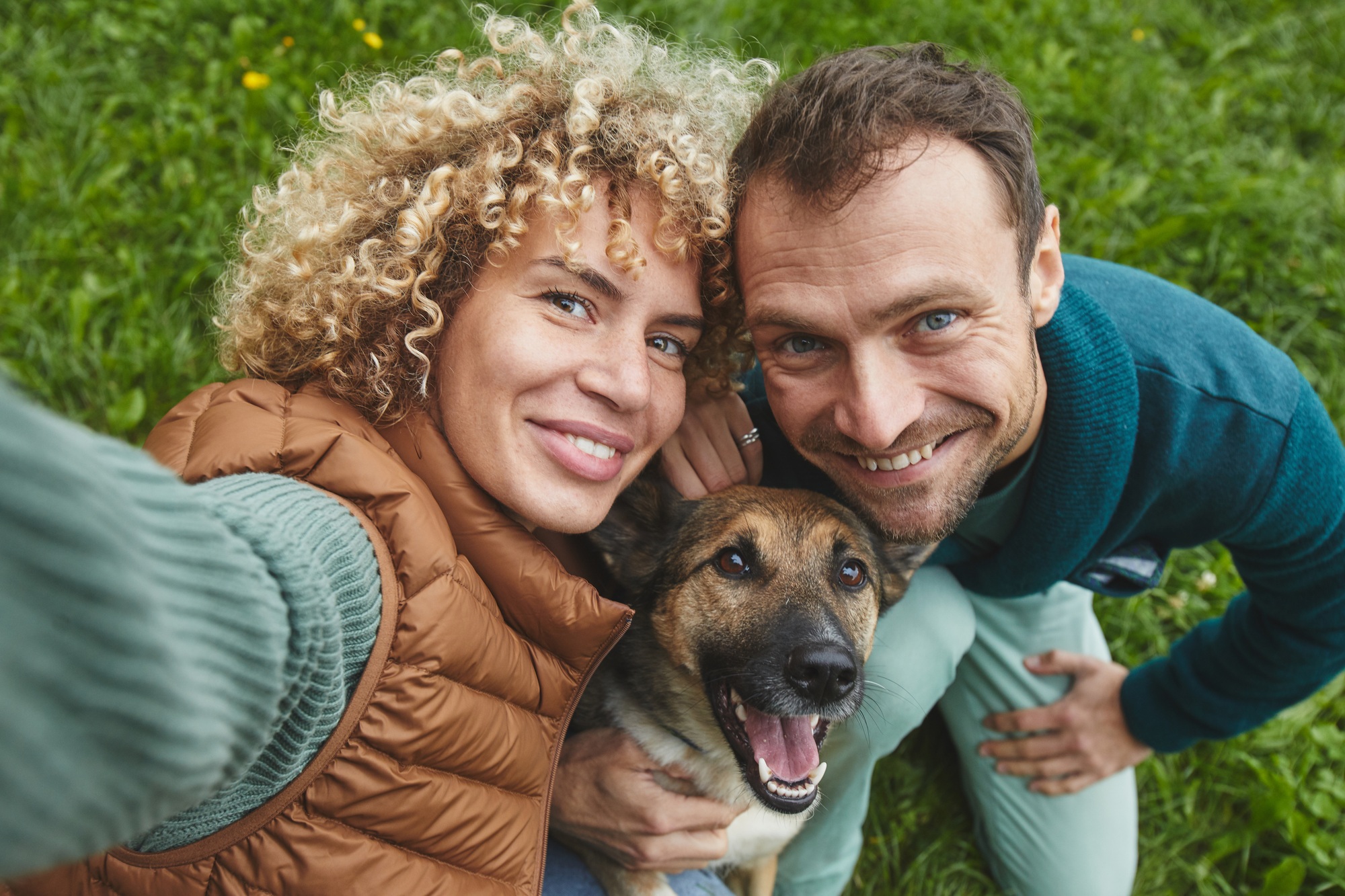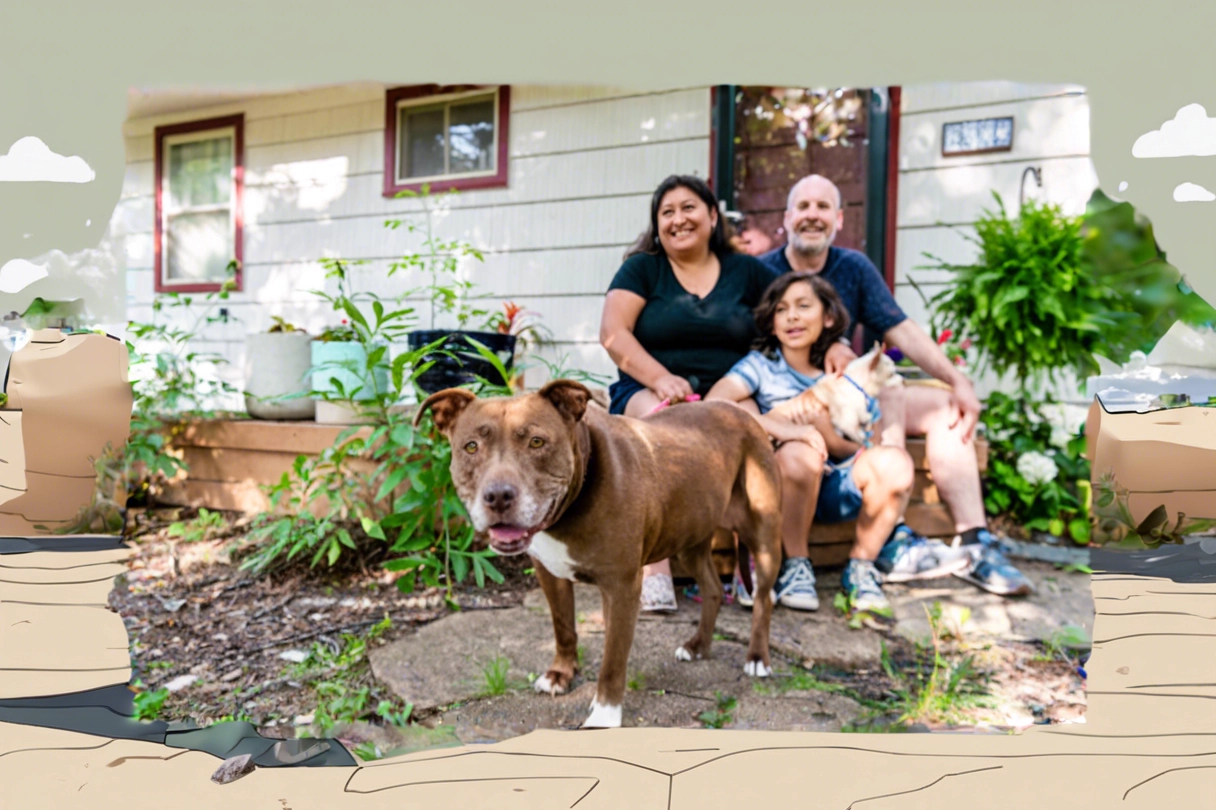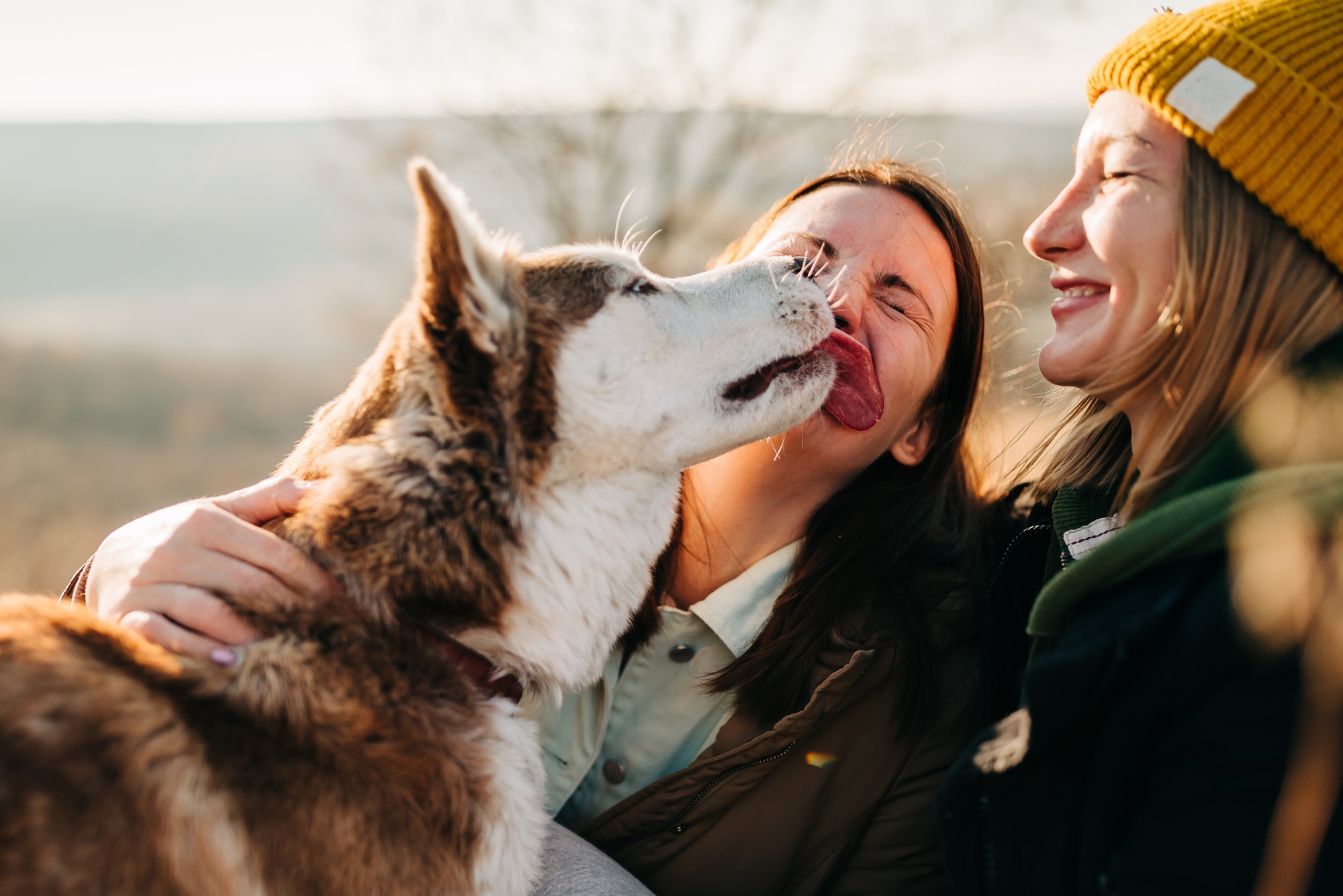Britain’s The Telegraph newspaper is reporting that a Korean company will be offering one lucky British dog owner a chance to have his or her dog cloned for free.[1]
While the price is right – the Sooam Biotech’s customary fee for cloning a dog is just north of $100,000 – geneticists are cautioning that the resulting animal will not be identical to the original. Too many different factors operate on an individual, scientists caution, for two individuals to be carbon copies of each other. While the clones will be genetically identical to the original, other factors besides genetics significantly impact each individual’s appearance, anatomy, physiology and behavior. (In 2009, the New York Times reported that a California company had licensed the Korean technology and cloned a number of copies of the owner’s mother’s dog. The mother complained that the clone she received was not at all like her beloved Missy.[2])
A recent report in the journal Science illustrated how even small, random effects, can cause genetically identical mice living together in the same environment to develop differently from each other. [3] 21st century technology is no substitute for the wisdom of respecting that each of us – dog or human – is an individual.
We must embrace individuality, treasure relationships that can never be duplicated, and know when it’s time to let go.







